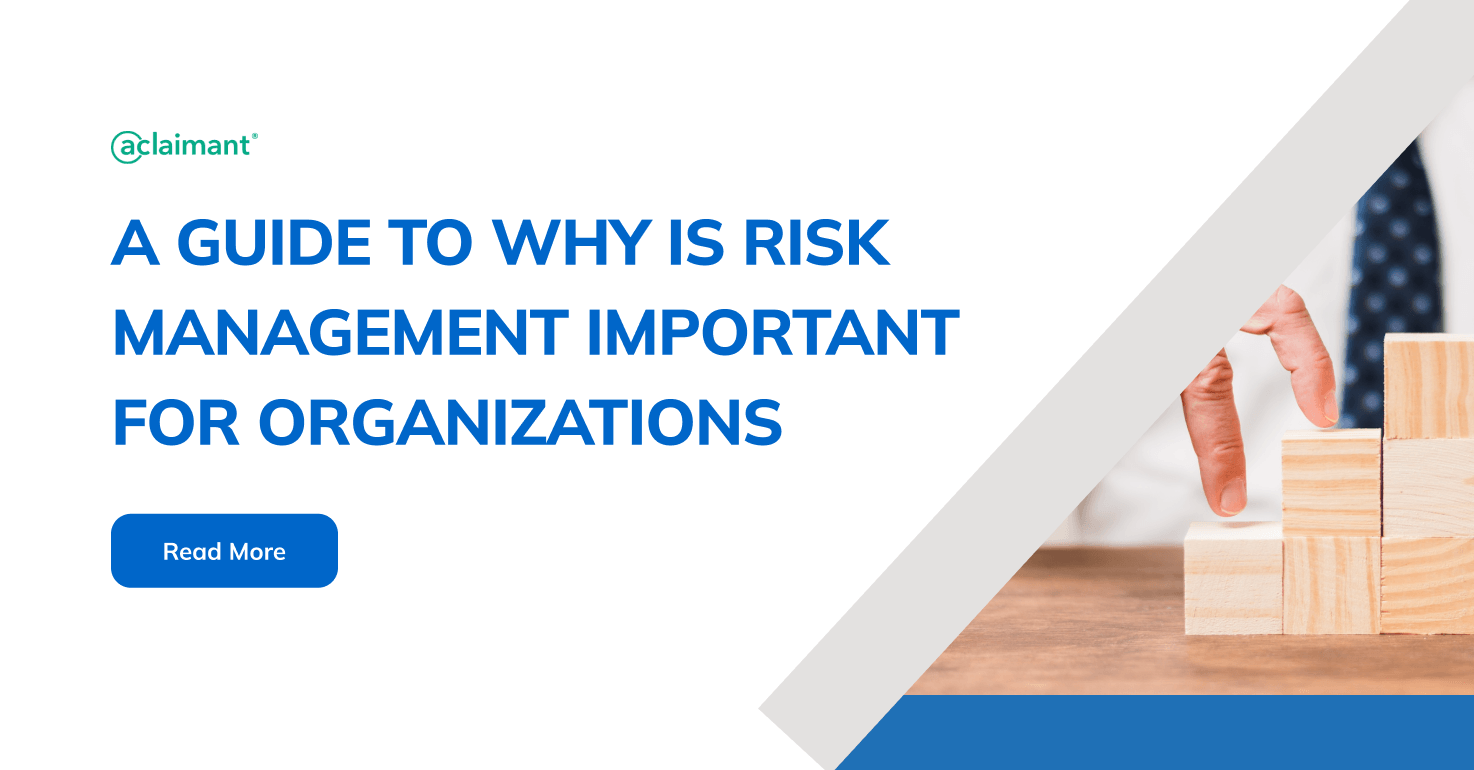Enhancing Operational Efficiency Through the Importance of Risk Management
Enhancing Operational Efficiency Through the Importance of Risk Management
Blog Article
The Relevance of Understanding the Importance of Risk Management in Different Industries
The Core Principle of Risk Management and Its Purpose
Risk Management, the foundation of lots of markets, hinges on the recognition, analysis, and reduction of uncertainties in a service environment. By appropriately recognizing potential risks, businesses can establish approaches to either avoid these risks from happening or decrease their effect. Once dangers have actually been recognized and reviewed, the mitigation process includes devising strategies to reduce their possible effect.
Benefits of Applying Risk Management in Service Procedures
:max_bytes(150000):strip_icc()/operational_risk.asp-Final-4be32b4ee5c74958b22dfddd7262966f.png)
Revealing the Role of Risk Management in Different Industries
While every sector faces its unique collection of risks, the execution of Risk Management approaches continues to be a common in their quest of sustainability and growth. In the health care sector, Risk Management involves guaranteeing patient security and data protection, while in financing, it involves mitigating investment threats and guaranteeing regulatory conformity (importance of risk management). Building and construction business concentrate on employee security, project hold-ups, and budget overruns. In the innovation field, companies alleviate cybersecurity threats and innovation obsolescence. Eventually, the duty of Risk Management across markets is to recognize, assess, and reduce threats. It is an essential element of calculated planning, allowing companies to shield their properties, maximize opportunities, and achieve their objectives.
Real-life Study Demonstrating Effective Risk Management
To recognize the importance of Risk Management in these numerous sectors, one can look to a number of real-life instances that show the successful application of these steps. In the energy sector, British Petroleum created Risk mitigation prepares post the 2010 Gulf of Mexico oil spill. They carried out much better safety procedures and more stringent laws which substantially reduced further mishaps. Go Here In a similar way, in finance, Goldman Sachs successfully browsed the 2008 economic situation by identifying prospective mortgage-backed safety and securities dangers early. Toyota, publish the 2011 quake in Japan, revised its supply chain Management to minimize disruption risks. These cases demonstrate how sectors, learning from dilemmas, successfully applied Risk Management strategies to lower future dangers.
Future Fads and Advancements in Risk Management Strategies
As the world her latest blog proceeds to evolve, so as well do the patterns and growths in Risk Management techniques. Fast improvements in technology and information analytics are improving the Risk landscape. Large data and AI are currently important in anticipating and mitigating dangers. Organizations are leveraging these tools to develop predictive models and make data-driven choices. Cybersecurity, as soon as a peripheral worry, has catapulted to the leading edge of Risk Management, with methods concentrating on feedback, detection, and prevention. The combination of ESG (Environmental, Social, Governance) elements into Risk Management is one more growing trend, mirroring the raising recognition of the function that ecological and social risks play in service sustainability. Thus, the future of Risk Management hinges on the combination of sophisticated modern technology, ingenious techniques, and an alternative technique.
Verdict
Finally, understanding the relevance of Risk Management across a range of sectors is crucial for their durability and prosperity. Tailored strategies can help alleviate potential dangers, safeguard assets, and foster stakeholder count on. Furthermore, positive decision-making aids in regulative conformity and enhances source usage. Ultimately, effective Risk Management adds to more resilient and lasting businesses, highlighting the value of this practice in today's vibrant and very competitive service setting.
While every market faces its special collection of risks, the application of Risk Management approaches continues to be an usual in their quest of sustainability and development. In the healthcare sector, Risk Management requires guaranteeing person safety and security and information defense, while in money, it includes mitigating investment risks and guaranteeing regulative conformity. Eventually, the duty of Risk Management across industries is to navigate to these guys identify, assess, and alleviate threats. These cases show exactly how sectors, discovering from dilemmas, properly applied Risk Management methods to lower future dangers.

Report this page